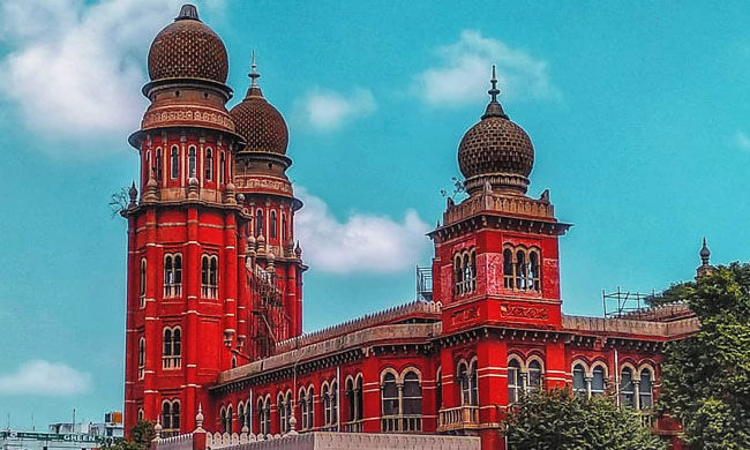Petitioner Cannot File Writ Petition Before Exercising Remedy U/S 17 Of SARFAESI Act; Madras High Court
Nitya Bakshi
13 Jan 2022 11:40 PM IST

Next Story
13 Jan 2022 11:40 PM IST
The Madras High Court, in a Bench comprising of Justice M. Duraiswamy and Justice Sathya Narayan Prasad in R. Ganesan v. M/s. ASREC (India) Limited has reiterated the legal position and dismissed the writ petition filed by the Petitioner due to non-exercise of alternate remedy of appeal under Section 17 of the SARFAESI Act. As per the terms of Section 17, an appeal can be filed to...
